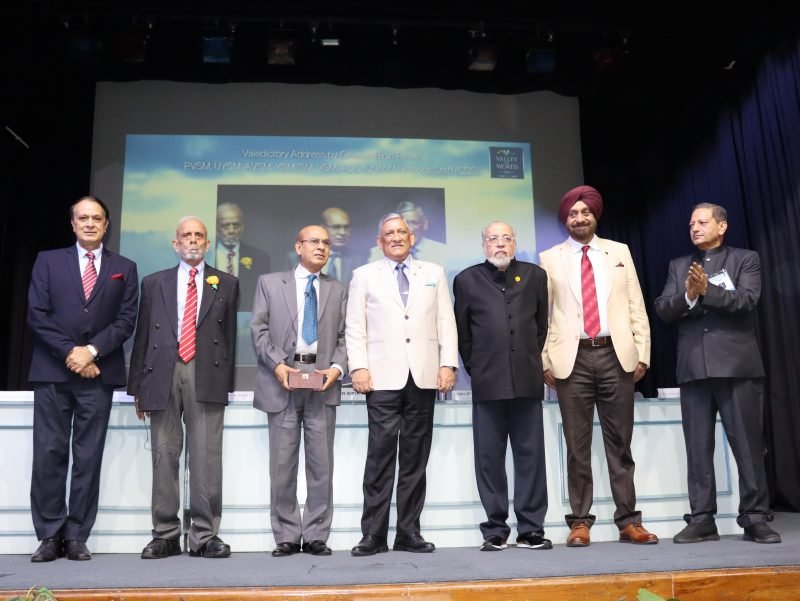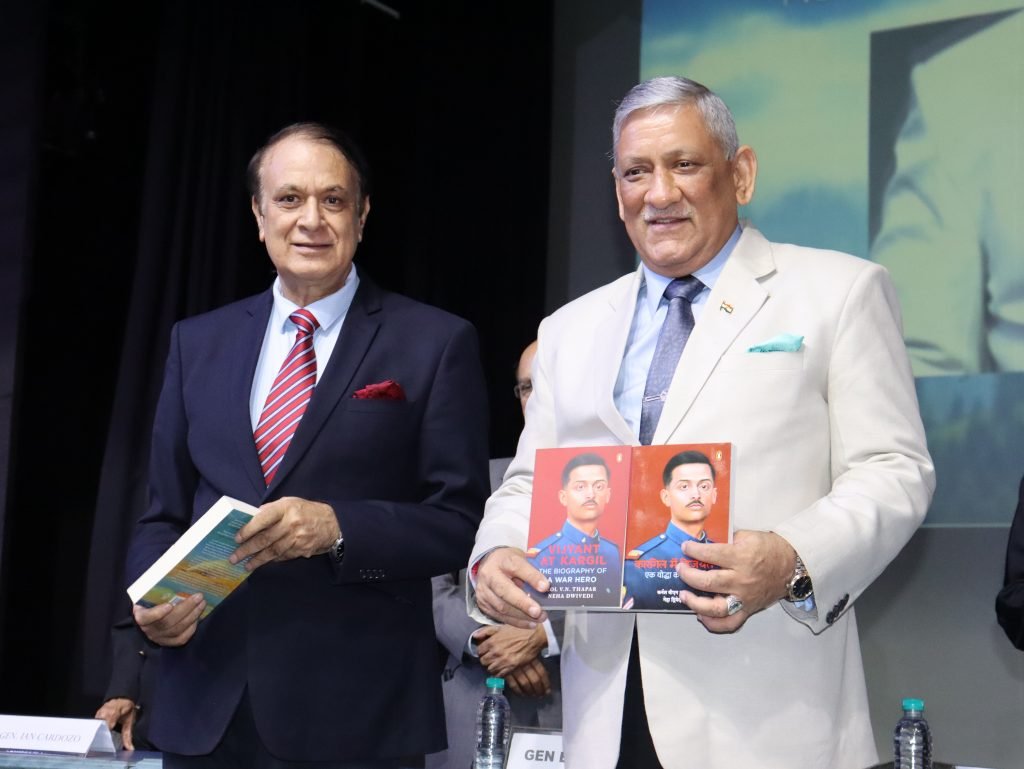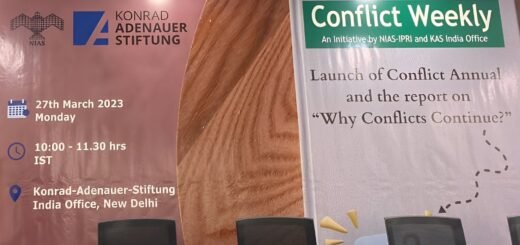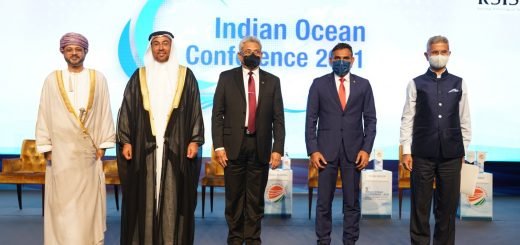Valedictory address by CDS General Bipin Rawat: 1971 — The war which shaped the subcontinent [Event]

This year marks the 50th anniversary of the war between India and Bangladesh. A delightful and informative two-day event on military history and strategy, focusing on the 1971 war, was conducted at United Service Institution of India (USI), a national security and defence services think tank based in New Delhi, India on October 9th and 10th, 2021. The festival was a part of several literature and arts festivals that Valley of Words (VoW), a literary organization based in Dehradun, conducts annually. This episode on military history and strategy was first among many theme-centric festivals that VoW is going to pull off in the coming weeks. It brought together army veterans of India and Bangladesh, diplomats and authors to the table, to provide a hindsight view of the 1971 war.
Here are the excerpts from the valedictory address by CDS General Bipin Rawat
The Chief of Defence Staff, General Bipin Rawat, appreciated the support of Mukti Bahini and Col. Ali in the war against Pakistan. He said that Mukhti Bahini had set the stage for the Indian Army to achieve victory in such a short time and the war was fought in a coalition by the people of Bangladesh and the Indian armed forces.
He mentioned that “India’s intervention in East Pakistan was because of the tyranny that was imposed on the people of then East Pakistan by the Pakistan armed forces. Ten million refugees started pouring into India.” Recalling the five Paise stamps that were used to provide support for the food and shelter needs of the refugees, he mentioned that every Indian contributed to the war and not just the military. “At a time when India itself was surviving on PL-480 assistance, Indians had the courage to provide for the food and shelter of the refugees overflowing from Bangladesh because of the tyranny they were facing”.
While reflecting on the 1971 war, Gen. Rawat drew attention to the future of warfare. The war in Bangladesh was fought as a theatre battle. It was possible to form this theatre as the three forces had adequate time from April 1971, when the political leadership had given clear commands for the war, till December 1971 when the war was actually executed. Taking lessons from the war, he said that future wars, if fought, would also need the creation of theatres to carry out operations in a joint manner. The army, airforce and navy can no longer fight in individual silos.

Gen. Rawat concluded that the 1971 war was a success because of the manner in which the three forces had integrated, the coalition that Indian defence forces had formed with the Mukti Bahini and clear support to the Indian defence forces from the political leadership of the time.
With this valedictory address by General Bipin Rawat, the two-day event on the 1971 war was concluded.


















